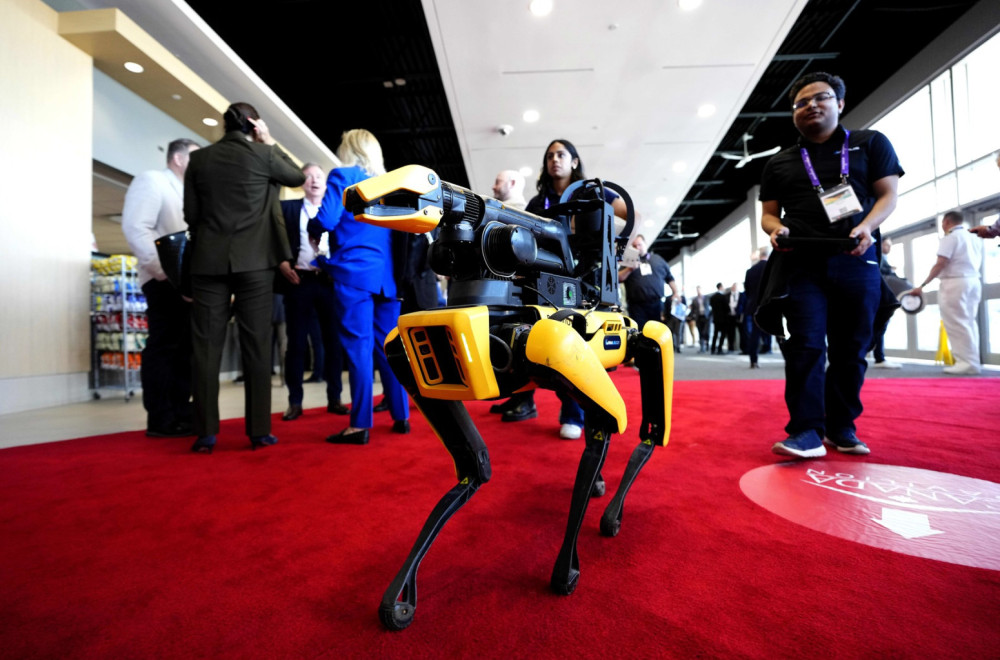French company Mistral has introduced two new artificial intelligence models called Magistral, entering the global competition with companies like OpenAI and Google. The models are trained for step-by-step problem solving, focusing on areas such as mathematics, physics, and logical reasoning. Magistral comes in two variants: Magistral Small with 24 billion parameters and Magistral Medium, currently available in a preliminary version. The company claims Magistral is ten times faster than competitors and supports a wide range of languages including Italian, Arabic, Russian, and Simplified Chinese. Tests show Magistral Medium lags behind some new models from Google and Anthropic in science, mathematics, and programming, but stands out for its speed and broad applicability in business processes.
Political Perspectives:
Left: Left-leaning sources emphasize the innovation and potential of the Mistral AI models to democratize AI technology by offering open access and faster performance, highlighting the benefits for scientific and educational fields. They may also discuss the importance of competition in AI development to prevent monopolies by large corporations like Google and OpenAI.
Center: Center-leaning reports focus on the factual presentation of Mistral’s new AI models, comparing their performance and features with existing competitors. They highlight the technical specifications, potential business applications, and the global AI race without strong bias, providing balanced coverage of strengths and weaknesses.
Right: Right-leaning narratives might stress the competitive edge of Mistral as a European (French) company challenging American tech giants, framing it as a matter of national or regional technological sovereignty. They may also emphasize the speed and efficiency of the models as a business advantage and a boost to European tech industry competitiveness.






























